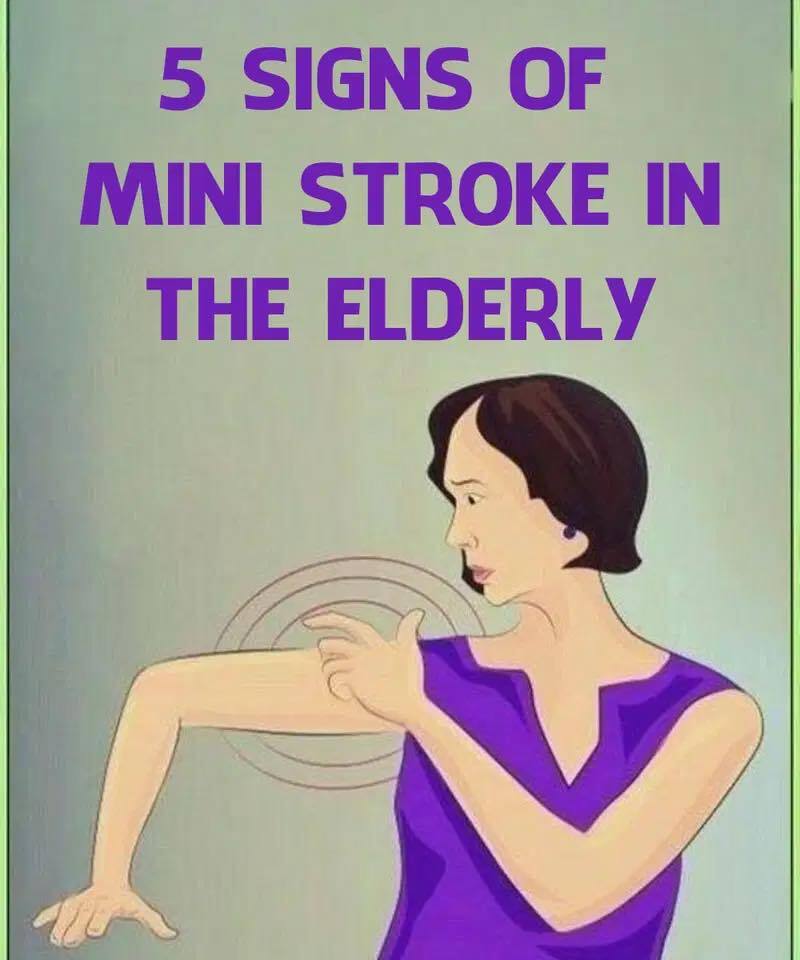Are you concerned about your elderly loved one’s sudden confusion, balance issues, or speech problems? These could be more than just signs of aging — they might signal a mini-stroke, also known as a transient ischemic attack (TIA).A TIA happens when blood flow to the brain is briefly blocked, often by a small clot, plaque buildup, or an artery spasm. While symptoms usually resolve within minutes to hours, the risk is serious:
TIAs are often a warning that a major stroke could follow. Who’s at Risk? Older adults are especially vulnerable, particularly those with: High blood pressure, Diabetes, High cholesterol,A history of smoking or heart disease, Common Symptoms to Watch For TIAs can mimic stroke symptoms and include:
Sudden numbness or weakness (especially on one side of the body), Trouble speaking or understanding speech, Sudden vision changes in one or both eyes, Dizziness, loss of balance, or coordination, Severe headache with no known cause, Even if the symptoms disappear quickly, do not ignore them — call emergency services immediately.
Quick action can make a life-saving difference. Treatment & Prevention Doctors may recommend: Blood thinners or antiplatelet medications, Blood pressure or cholesterol control, Healthy lifestyle changes: quitting smoking, eating better, exercising regularly, A mini-stroke is a serious red flag — not a harmless episode. If you suspect a TIA or notice risk factors, consult a healthcare professional right away. Early intervention can prevent future strokes and help protect your loved one’s health and independence.
